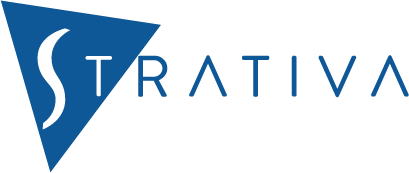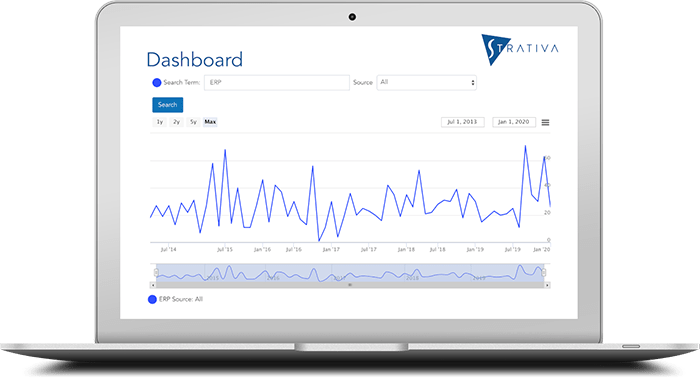
Salesforce.com and Oracle this week announced a “new strategic partnership.” For their mutual customers, the announcement represents a welcome thawing of relations between the two companies. But it remains to be seen whether it represents a strategic change of direction for Salesforce.com (SFDC).
Not a Radical Departure for Salesforce.com
The press release is quite short, just five paragraphs, outlining five points of partnership:
- SFDC will standardize on Oracle Linux.
- SFDC will deploy Oracle’s Exadata engineered systems in its data centers.
- SFDC will deploy the Oracle Database and Java Middleware Platform as part of its cloud infrastructure.
- Oracle will integrate salesforce.com’s cloud apps with Oracle’s Fusion HCM and Financial Cloud.
- SFDC will also implement Oracle’s Fusion HCM and Financial cloud apps for its own internal use.
So, what exactly in this announcement represents a fundamental change in direction for Salesforce?
- SFDC’s infrastructure is already based on Linux, so standardizing on Oracle Linux is a minor change.
- SFDC’s applications already make use of Oracle’s database as the lower-level physical data store.
- The press release provides no detail on how SFDC will make use of Oracle’s Exadata boxes. If they are merely used to replace commodity storage devices, there would not be any change to the basic architectural design of SFDC’s infrastructure.
- Oracle’s integration of Fusion HCM and financial system with SFDC is merely an application integration initiative.
- SFDC’s implementation of Oracle Fusion HCM and financial applications is a routine “win” announcement.
The second bullet could potentially be the most radical departure for SFDC. Oracle’s new database release, 12c, could provide the capability for SFDC to run multiple pluggable databases (one for each customer) within a single container database. This would represent a fundamental shift for SFDC away from its single multi-tenant database architecture in favor of Oracle’s pluggable database approach.
Nevertheless, the fact that there is no mention of 12c or pluggable databases in the press release is an indication that SFDC has no intention to fundamentally change its platform architecture. In a subsequent media conference call with SFDC CEO Mark Benioff and Oracle’s Larry Ellison, there was no further clarification. Following the conference call, SFDC was not willing to provide further information in response to inquiries.
Thawing of Relations
Although the joint announcement is short on technical details, it does reflect a new detente between these two enterprise technology vendors. Oracle and Salesforce.com have apparently buried the hatchet, at least for now. For their mutual customers, now and in the future, this is good news.
Customers are not well-served by vendors sniping at each other, and the verbal tiffs between Benioff and Ellison over the past few years have grown tiresome. Hundreds of customers have interfaced Oracle Applications with Salesforce.com’s cloud apps. But until now they have done so without the explicit support of Oracle. Customers will be pleased if the two companies can cooperate in providing standard integration. Hopefully, both parties will start acting like adults and doing what is in their joint customers’ best interest.
Workday Is Odd Man Out
If there is a competitive target in this announcement, it has to be Workday. SFDC runs Workday’s human capital management (HCM) software internally for its own workforce. SFDC will now implement Oracle’s HCM and will integrate its Sales Cloud with Oracle’s HCM and also with its Fusion Financials product. In a later clarification, SFDC indicated that it will not be discontinuing its use of Workday, however. The company did not make clear how it will make use of HCM functionality from both Workday and Oracle.
Nevertheless, the announcement puts Workday in an awkward spot. Workday leverages Force.com for its platform-as-a-service capabilities. It will be interesting to see how Workday reacts to this détente between Oracle and Salesforce.com.
While the use of Oracle Fusion within SFDC doesn’t mean much to SFDC customers, it does give bragging rights to Larry Ellison against Workday. Interestingly, NetSuite’s CEO Zach Nelson was recently taking pot-shots on stage at Workday during NetSuite’s Suiteworld conference. At the time, it could be taken as a sign of Workday’s competition with NetSuite in financial applications. Now it appears to be part of a wider competitive alignment. Both Zach Nelson and Marc Benioff are Oracle alumni, and both have close ties to Larry Ellison. The three now seem to be joining in solidarity against Workday and validating that Workday is a threat to all three.
Regardless of the competitive posturing by these major enterprise technology providers, the Oracle/Salesforce detente is welcome news for customers.

